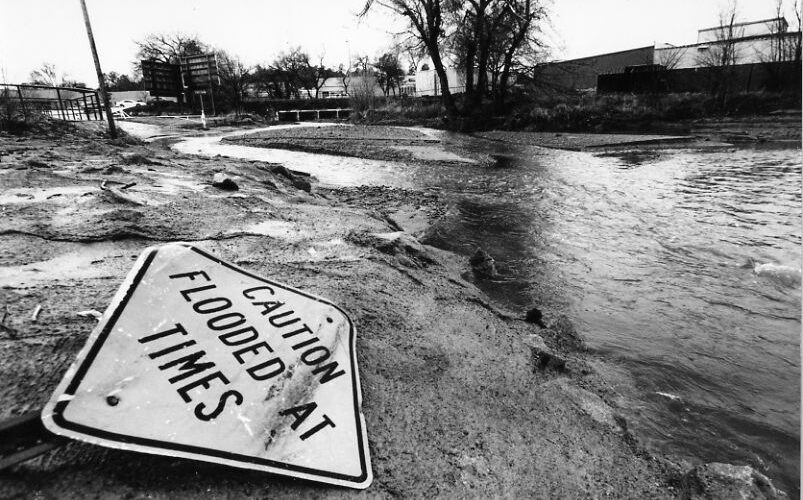The Magic Number is Causing a Climate Crisis

In Glasgow, summer has arrived. But sweltering heat in Scotland isn’t how I tend to think of summer. It just doesn’t seem right, even for a week. In fact, it isn’t normal: it is a symptom of climate change and the consequences are serious. In Paris, recent flooding led to multiple deaths with thousands more displaced1. Molecules in the air are contributing to climate change – how are they related to flooding?
Molecules with 3 or more atoms in the air, specifically carbon dioxide, have a special capacity to bend and vibrate in more modes than simpler diatomic molecules like oxygen. This allows for the absorption of radiation which then remains on earth, and increases the global temperature2. Molecules with 2 atoms, however, such as O2 and N2, do not have the vibrational capacity to capture this radiation. While this absorption of radiation is an impressive and necessary ability of the likes of CO2 an H2O, its excessive impact is damaging the world. Life on earth would not exist without this contribution to temperature; but if it is not regulated and reduced, then life on earth will be further threatened.
In terms of flooding, it is the work of – believe it or not – water molecules. Global warming has led to the vaporisation of water from lakes and oceans, and these H2O molecules don’t just disappear into “thin” air. Rather, the air gets a little fatter, or denser. In its gas form, H2O saturates the air, increasing the moisture level and making it heavy with water. Once the temperature dips again, clouds formed will release water in precipitation. This positive feedback loop is altered by the temperature-rising contribution of CO2 to such an extent that communities are being flooded whilst others have droughts3.
Recent research has looked into injecting CO2 into rocks to form a less reactive carbonate compound, however the capturing of CO2 is currently an expensive process in which funding seems to be lacking4. In order to prevent climate disasters, governments and independent organisations must support the sciences in further research and investigations.
Edited by Sarah Spence
References
- http://www.aljazeera.com/news/2016/06/france-germany-floods-160603154103595.html
- http://teaching.shu.ac.uk/hwb/chemistry/tutorials/molspec/irspec1.htm
- http://www.ucsusa.org/global_warming/science_and_impacts/science/CO2-and-global-warming-faq.html#.V3O_5_m-0yp
- https://www.newscientist.com/article/2093272-co2-injected-deep-underground-turns-to-rock-and-stays-there/









